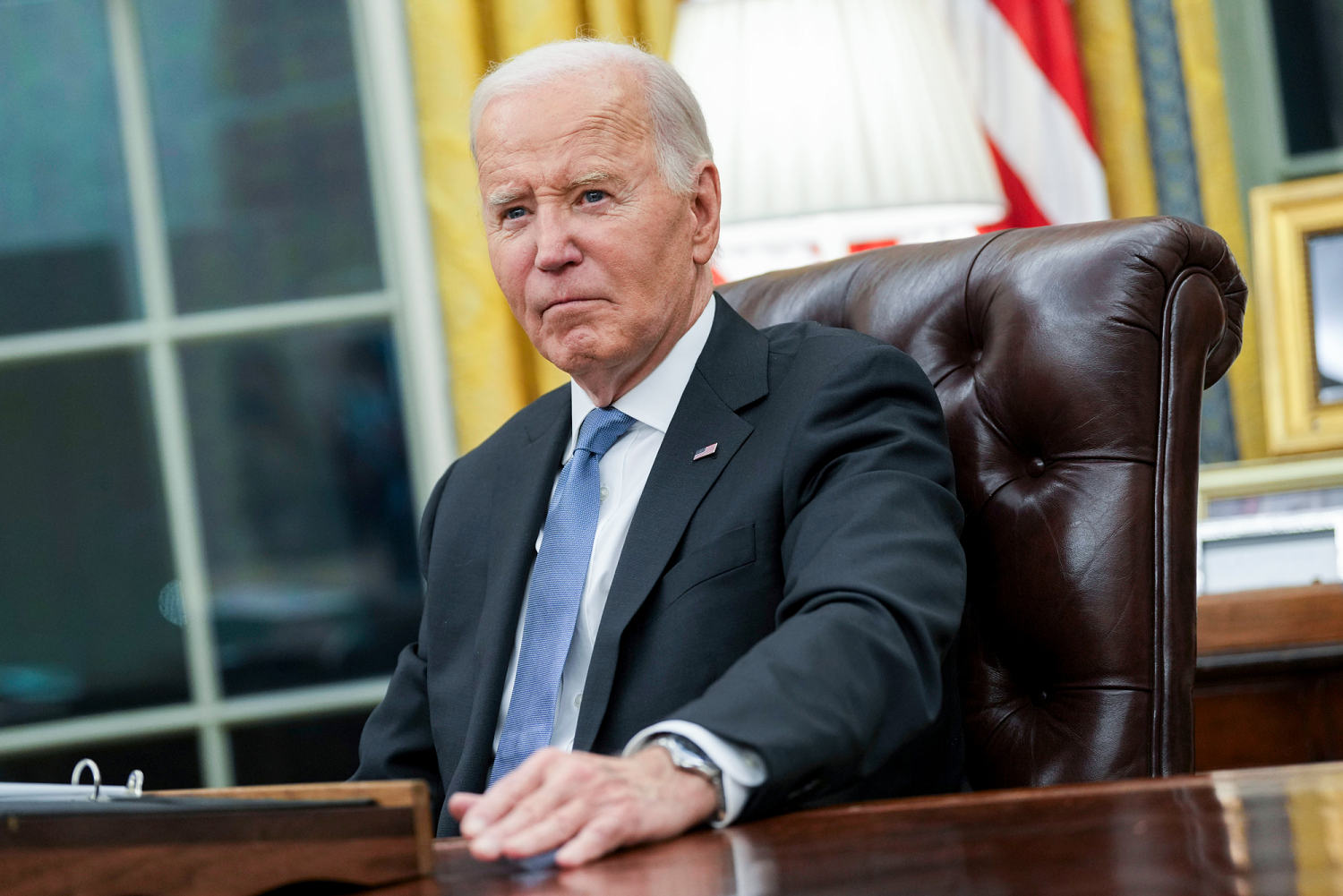
Cuba said it would release 553 political prisoners after the Biden administration announced on Tuesday that it would remove Cuba from its list of state sponsors of terrorism and take other "good faith" actions.
The Catholic Church has been negotiating with the communist government over the release of prisoners. Most of them were imprisoned after unprecedented island-wide protests in July 2021. The brutal crackdown initially resulted in more than 1,000 arrests. Many face up to 30 years in prison.
Cuban President Miguel Díaz-Canel wrote on should be on this list." Other measures taken have come at a high cost to the country and to Cuban families. "
Ahead of Cuba's announcement, a senior administration official told reporters that in an effort to support the Catholic Church and push for a deal, Biden will notify Congress that he seeks to remove Cuba from the terrorism list, among other actions.
"The assessment has been completed and we have no information to support designating Cuba as a state sponsor of terrorism," the Biden official said.
President-elect Donald Trump designated Cuba a state sponsor of terrorism shortly before leaving office in January 2021, five years after President Barack Obama had Terrorist state. Trump could reverse Biden's actions when he takes office next week.
Three Cuban-American Republican congressmen from Florida, Mario Díaz-Balart, María Elvira Salazar and Carlos Gimenez, posted a video on Den's actions were described as "pathetic".
Texas Republican Sen. Ted Cruz, whose father is Cuban, criticized Biden's actions. "Today's decision is unacceptable on its merits," he wrote in a statement. "The terrorism perpetrated by the Cuban regime has not stopped. I will work with President Trump and my colleagues to immediately reverse and limit the damage caused by this decision."
In Cuba, residents of Havana welcomed news of Biden's action.
"It's definitely good for our country because we're going to have more possibilities, more resources. It's progress. One step at a time," bartender Denaris Hernandez ( Dainerys Hernández said.
Public Worker Joel Rivera agreed. "I think it's a good decision. Really, we need to be taken off that list because we shouldn't be there in the first place," he said.
In addition to removing Cuba from the list, the Biden administration will issue exemptions to Title III of the Helms-Burton Act, which allows original owners of Cuban property confiscated decades ago to sue foreign countries Companies "traffick" these properties.
In 2019, Trump became the first president not to abandon Article III. Every president before him had waived the 1996 law, formally known as the Cuba Freedom and Democratic Solidarity Act, every six months, fearing it would harm U.S. trade.
"We anticipate and anticipate that the measures announced today will bring rapid relief to the dozens of Cubans arrested during the July 2021 protests, as well as relief to their families," Biden officials said.
Biden also eased some economic pressure on Cuba by rescinding National Security Presidential Memorandum 5, originally enacted on June 16, 2017.
"Today's actions demonstrate that President Biden's Cuba policy is focused on achieving real results on human rights in Cuba and will pay dividends for the Cuban people," the senior administration official said.
Speculation has swirled about Trump's foreign policy, particularly because of the potential influence of Marco Rubio, the Cuban-American Republican chosen by Trump to be secretary of state. Rubio is a foreign policy hawk and has always advocated a tough policy toward Cuba.
Mauricio Claver-Carone, the architect of some of Trump's hardline Latin America policies during the first administration, was selected as special envoy to Latin America.
correct (January 14, 2025, 9:31 PM ET): A previous version of this article incorrectly described the situation of political prisoners in Cuba. They will be released, but they are not released yet.